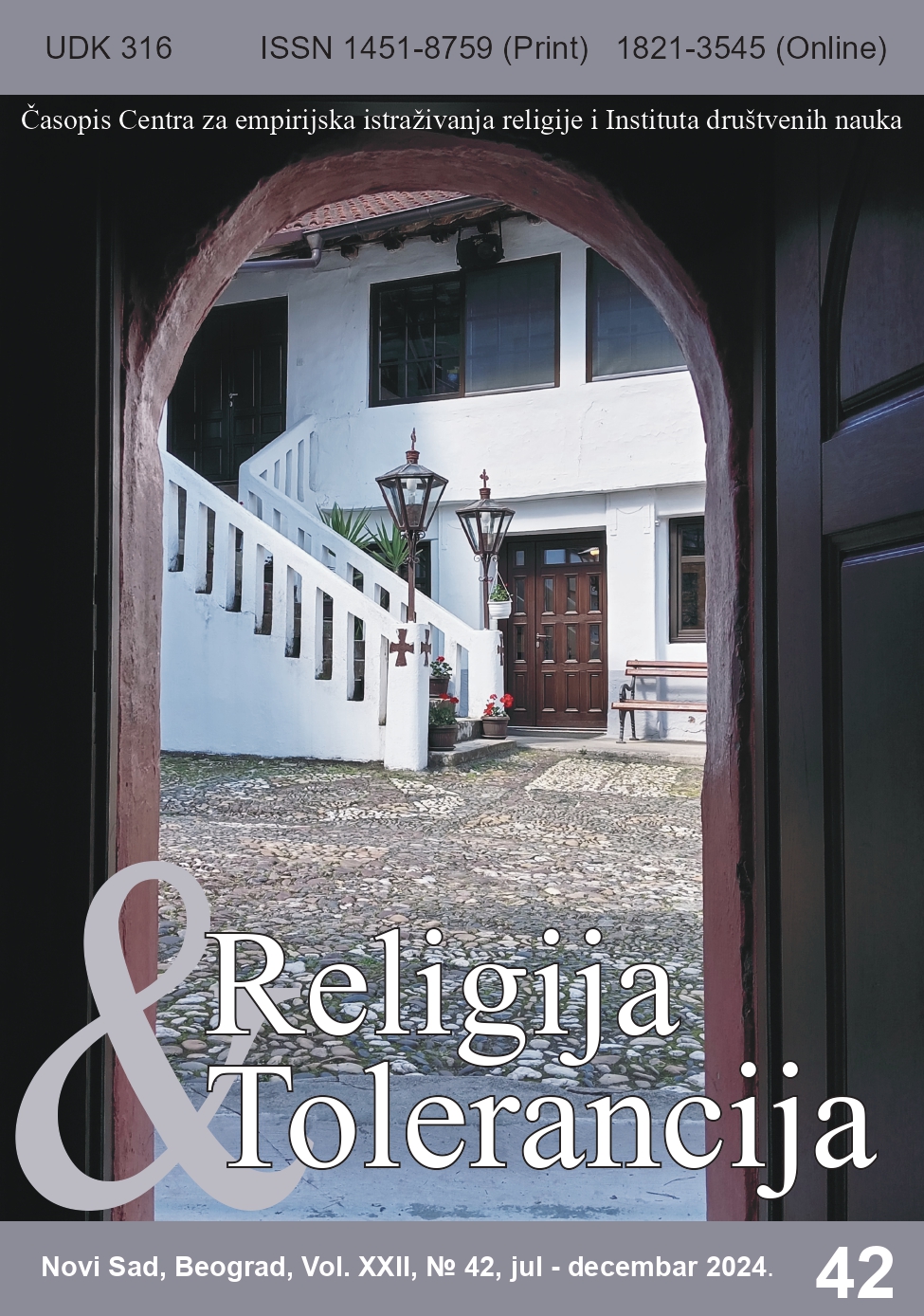DRUŠTVENI MEDIJI I DIJALOG KAO DUHOVNI KREDO NA JAVNOJ SFERI U ERI DIGITALNOG KAPITALIZMA
SOCIAL MEDIA AND DIALOG LIKE SPIRITUAL CREDO ON PUBLIC SPHERE IN ERA OF DIGITAL CAPITALISM
Author(s): Ognjen StankovićSubject(s): Social Sciences, Media studies, Communication studies, Theology and Religion, Theory of Communication, Sociology of Religion
Published by: Centar za empirijska istraživanja religije (CEIR)
Keywords: social media; dialog; tolerance; public sphere; digital capitalism
Summary/Abstract: Social media are not just technical tools for communication and channels for unambiguous message exchange; they are also becoming specific organizational forms, cultural expressions - specific social platforms where political autonomy is openly discussed with the (un)equal participation of media users in the online arena. Networks formed in cyberspace have extended their reach into urban space; revolutionary communities established on social media facilitate easier integration and communication ’in person,’ but they also open the door to a kind of polarization, antagonism, and modern ostracism of participants in the digital polis. In light of the presentation, it is important to mention digital capitalism, which uses media and popular culture to modify consumer habits and desires, influencing the extremely conformist behavior of participants in the digital arena. Therefore, the task of the modern consumer is very complex in ethical and aesthetic terms, as in the newly established media reality, they become increasingly reactive, effective, autonomous, but also more responsible, dependent in terms of the authentic creation of a utilitarian social environment. The competence, education, sensitivity, and communication skills of the modern social media user are increasingly coming to the fore. The work itself will discuss how the use of information and communication technologies can contribute to strengthening democracy in society and solidifying the social inclusion of citizens in the digital agora. It will be considered how the public sphere, through its interaction capacities, enables the establishment of dialogue and the configuration of corrective public discourse on the one hand, and on the other hand, how the established public sphere facilitates the totalitarian distribution of knowledge and supports the monopolization of information. The aim of the work is to establish the thesis that more interactive and self-configured communication encourages less hierarchical, authoritarian communication. In support of this thesis, it will be examined to what extent digital networks represent the fastest and most reliable, reprogrammable, and self-developing dialogical means of communication.
Journal: Religija i tolerancija
- Issue Year: 22/2024
- Issue No: 42
- Page Range: 339-348
- Page Count: 10
- Language: Serbian

